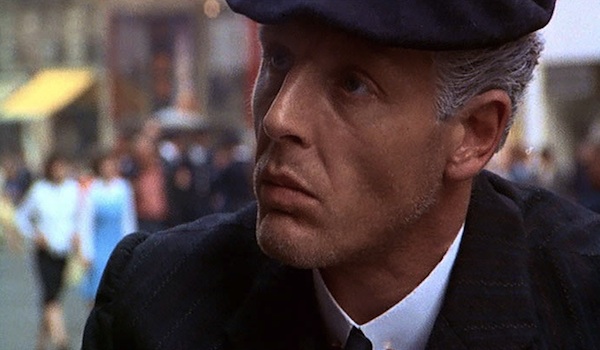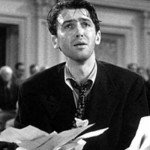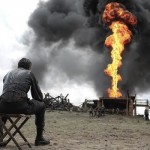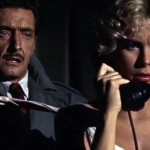The Day of the Jackal Review
The Day of the Jackal reminds me why I love the spy genre. A brilliant cat-and-mouse game between two great minds, the film follows a terrorist on a quest to assassinate Charles de Gaulle and the cop in charge of the investigation. It’s a real slow-burn thriller, and director Fred Zinnemann’s cold approach could turn some off easily. But the characters and their methods are fascinating, and the intricacy of it all is quite astounding.
It’s the 1960s, and the government of France is at war with a number of former military officials who believe President Charles de Gaulle has betrayed the nation by liberating Algeria. This group calls themselves the OAS, and after a near miss on de Gaulle, its leaders are all dead, imprisoned, or exiled to Austria. Those in Vienna are still determined to carry out the deed, so they bring in a foreigner, someone with a proven track record in this line of business. He calls himself The Jackal (Edward Fox). He is paid a large sum of many and begins his very thorough, deliberate preparations.
When French officials find out someone has been hired, they understandably panic, especially when de Gaulle’s liaison tells them he will under no circumstances alter his public appearance schedule and that the investigation must be conducted in absolute secrecy. The leader of the investigation, Lebel (Michael Lonsdale), is sharp, but is he sharp enough to figure out who The Jackal is without any clues to his identity?
One would think this film would be free of any suspense since we know de Gaulle wasn’t assassinated, but that’s not the case at all. This is an incredibly gripping film, and it really draws you in slowly. There were times as the film was getting started—before the investigation begins—when I wasn’t sure if Zinnemann’s detached approach was going to work. The film does move very slowly. There aren’t any stylistic flourishes or action sequences. It’s 100% plot, but when the writing and directing are this good, I can’t complain.
The primary reason the suspense is there is because Zinnemann and screenwriter Kenneth Ross keep the two main characters on a level playing field. The Jackal is smart as a whip. He enters Paris undetected by applying for a passport under the name of a child who died in the 1930s. His weapon is custom-made to be completely untraceable. And he sneaks past Paris security by convincingly disguising himself as a one-legged man. Yet, Lebel eventually tracks him down every time. The other men on the case let The Jackal slip away time and time again, but Lebel always manages to find him.
Neither of the lead actors gets a chance to be very emotive, but they both turn out very memorable performances. Edward Fox is someone I don’t recall ever seeing before, but he was spot-on as The Jackal. This is a man who is completely driven to achieve his goal. He doesn’t have time for distractions—women, friends—unless they will help him get one step closer to putting a bullet in de Gaulle’s head. But he’s charming, like all the best spies. If he needs to make a quick friend, he can.
I’ve seen Michael Lonsdale twice on film before—in a small role in Steven Spielberg’s Munich and as the villain in Moonraker, one of James Bond’s least memorable adventures. He’s great here. In some ways, this is a token role, but Lonsdale makes him someone we really want to succeed.
The Day of the Jackal‘s influence is far-reaching. Plot-driven spy films like the Bourne trilogy and cop-vs.-criminal flicks like American Gangster share a lot in common with Zinnemann’s film. It’s also quite refreshing to see a no-frills political thriller that doesn’t rely on generic action scenes. I just loved it and am happy to give it the highest of recommendations.















